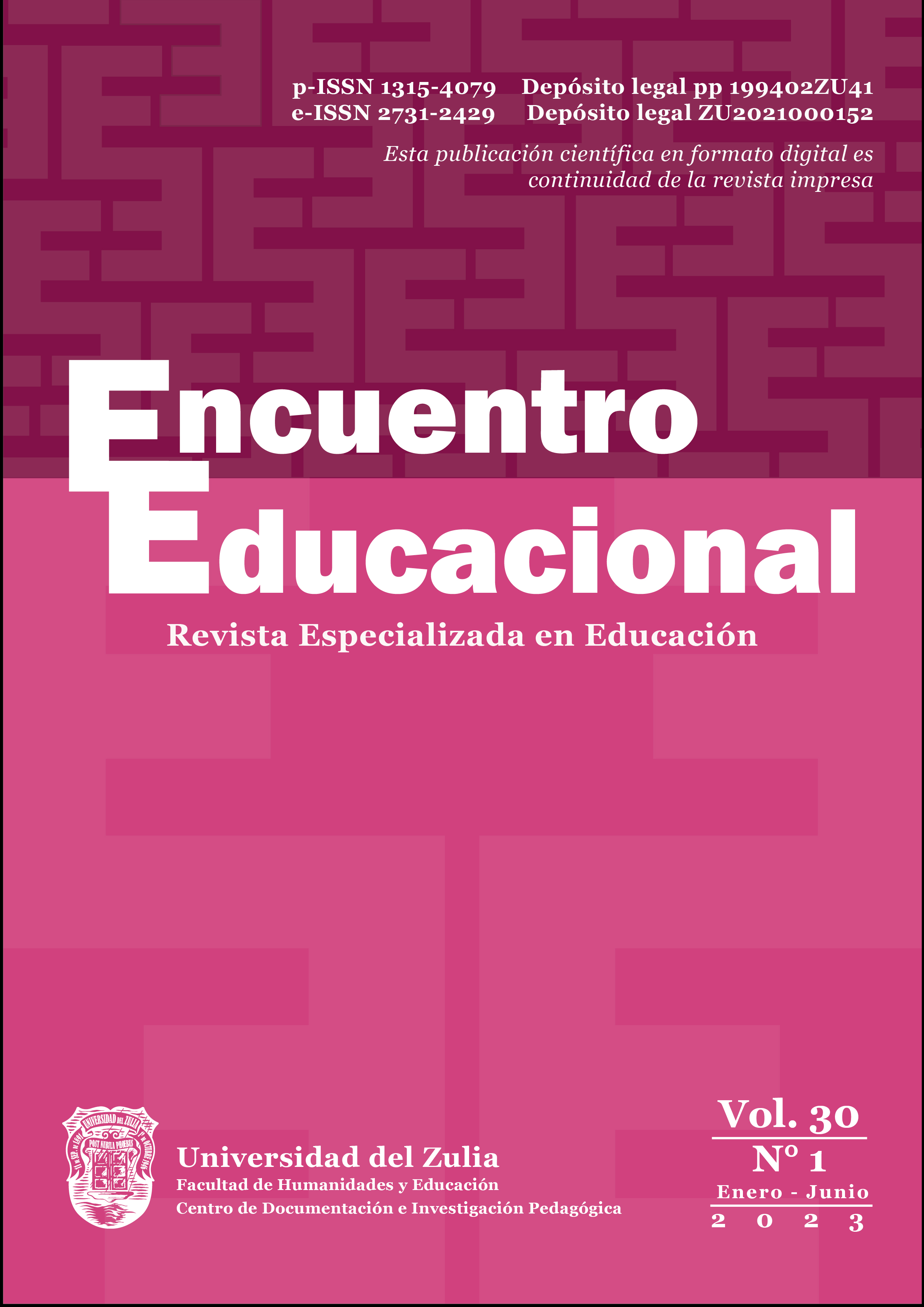Excelia: recurso digital tecno-didáctico de valores agregados a Excel
Excelia: digital techno-didactic resource of added values to Excel
Abstract
The domain of statistics has been the privilege of very few, a factor that sometimes adversely affects the success of academic tasks and opposes their learning, in addition to presenting limitations of modern technological tools that support the work of teaching that prevent visualizing the concepts. that until today have looked abstract. The objective of this work was to explain the construction process of a techno-didactic digital resource with values added to Excel for carrying out statistical activities. Theoretically, it was based on authors such as Moreno and Rodríguez (2023), Oviedo, Souza and Bueno (2021), Pérez et al. (2018), Bologna (2011), Johnson and Kuby (2008). The methodology used was documentary, descriptive and applied. The construction was made from some of Excel's own functions, with the support of document protection, logical functions and some mathematical tricks. As a product of this research, there are applications that can be combined and customized according to the interest of teachers and students, grouped into three categories: statistical calculator, data processor, and instructional resource. Finally, this product is considered of great interest due to its multiple benefits, especially in saving time and low level of difficulty in its use, since only the data must be entered and it remains for the user to interpret the results in light of their theoretical context.
Downloads
References
Acosta, Salomón; Laines, Blanca y Piña, Gilber. (2014). Estadística inferencial. Universidad Peruana de Ciencias Aplicadas.
Arias, Fidias. (2016). El Proyecto de Investigación. Introducción a la metodología científica. Editorial Episteme. Caracas.
Bologna, Eduardo. (2011). Estadística para psicología y educación. Editorial Brujas. 1a edición. Editorial Brujas. Argentina.
Hernández-Sampieri, Roberto y Mendoza, Christian. (2018). Metodología de la investigación: Las rutas cuantitativa, cualitativa y mixta. Primera edición. McGraw-Hill Education, México.
Johnson, Robert y Kuby, Patricia. (2008). Estadística elemental: lo esencial. 10a edición. Cengage Learning. México.
Moreno, Arminda y Rodríguez, María. (2023). Fundamentos de Estadística y Probabilidad. Centro de Estudios Financieros. Madrid.
Mosquera, Luis. (2022). Hipótesis estadística con aplicaciones. 9a edición. México. Edición del Instituto Superior de Investigación y Desarrollo, ISID.
Oviedo, Teresa; Souza, Edvonete y Bueno, Simone. (2021). Dificultades en la enseñanza y el aprendizaje de la Estadística: comparación de investigaciones de Perú y Brasil entre los años 2009 a 2017. Journal Research, Society and Development. Vol. 10, N° 12, pp. 1-15. Disponible en: https://rsdjournal.org/index.php/rsd/article/view/19975. Recuperado el 13 de diciembre de 2022.
Pérez, Ricardo; Mercado, Paola; Martínez, Mario; Mena, Ernesto y Partida, José. (2018). La sociedad del conocimiento y la sociedad de la información como la piedra angular en la innovación tecnológica educativa. RIDE. Revista Iberoamericana para la investigación y el desarrollo educativo. Vol. 8, N° 16, pp. 847-870. Disponible en: https://doi.org/10.23913/ride.v8i16.371. Recuperado el 22 de noviembre de 2022.
Real Academia Española, RAE. (2022). Definición de baremo. Disponible en: https://dle.rae.es/baremo. Recuperado el 12 de enero de 2023.
Salcedo, Audy. (2008). Estadística para no especialistas: Un reto de la educación a distancia. Escuela de Educación. Universidad Central de Venezuela.
Spiegel, Murray y Stephens, Larry. (2009). Estadística. Schaum. 4a edición. McGraw Hill. México.
Tamayo y Tamayo, Mario (2006). El proyecto de investigación. ICFES. Serie Aprender a Investigar. Santa Fe de Bogotá.
Webster, Allen. (2000). Estadística aplicada a los negocios y a la economía. Tercera edición. Mc Graw Hill. Colombia.


















